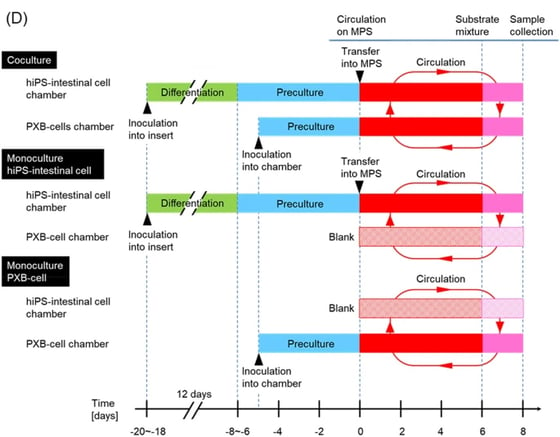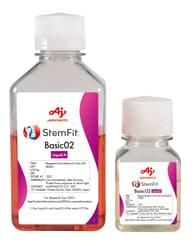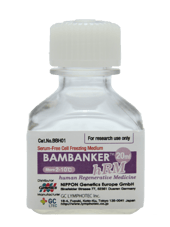Coculture with hiPS-derived intestinal cells enhanced human hepatocyte functions in a pneumatic-pressure-driven two-organ microphysiological system
Publication: Scientific Reports 11, 5437 (2021), M. Shinohara et al.
The study demonstrates the potential application of intestine–liver organ derived tissue perfusion cultures by using two-organ MPSs for the investigation of intestine–liver interactions in cell-based assays.
Examining intestine–liver interactions is important for achieving the desired physiological drug absorption and metabolism response in in vitro drug tests.
Multi-organ microphysiological systems (MPSs) constitute promising tools for evaluating inter-organ interactions in vitro.
Please find the full publication at: https://doi.org/10.1038/s41598-021-84861-y
For coculture on MPSs, normal cells are challenging to use because they require complex maintenance and careful handling. hiPS-intestinal cells and PXB-cells were cocultured for 8 days in the pneumatic-pressure-driven two-organ MPSs:

In this study, the cultivation medium StemFit was used to maintain undifferentiated iPS cells on cell culture dishes. The collected endodermal cells were frozen in cryopreservation media Bambanker hRM for for storage.

